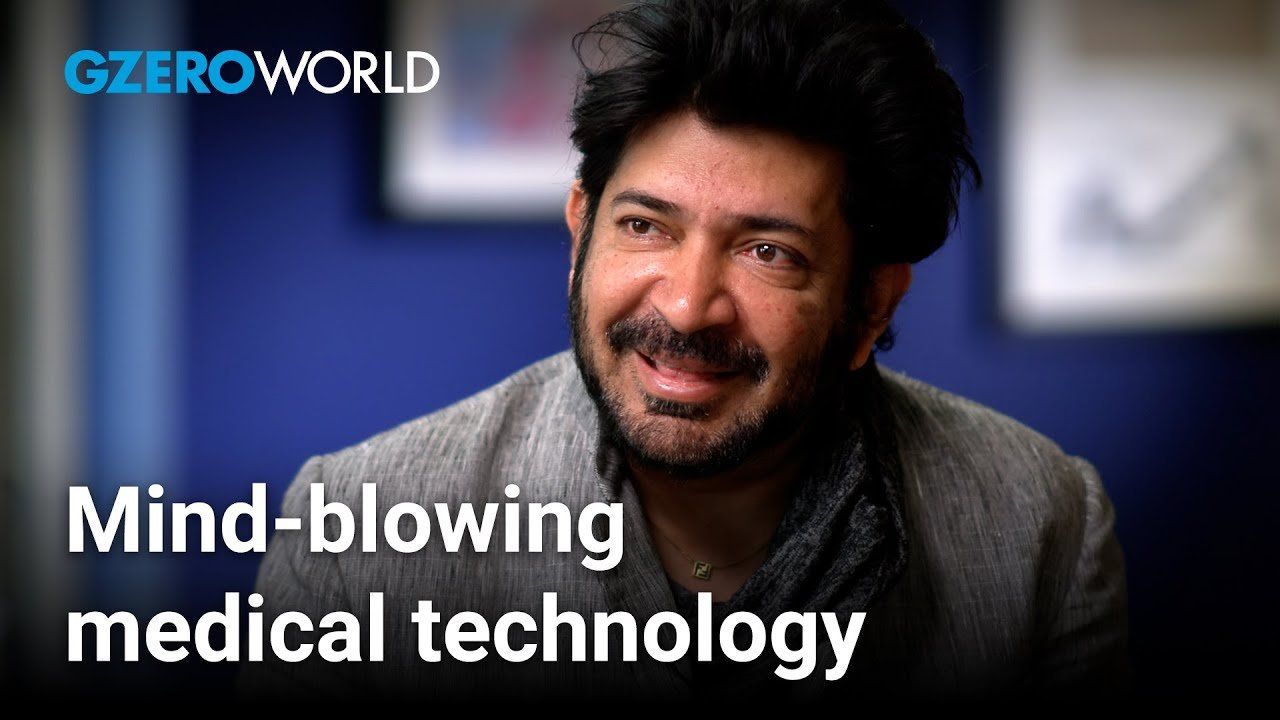Siddhartha Mukherjee: CRISPR, AI, and cloning could transform the human race

Technologies like CRISPR gene editing, synthetic biology, bionics integrated with AI, and cloning will create "new humans," says Dr. Siddhartha Mukherjee.
On GZERO World, Ian Bremmer sits down with the cancer physician and biologist to discuss some of the recent groundbreaking developments in medical technology that are helping to improve the human condition. Mukherjee points to four tools that have sped up our understanding of how the human body works: gene editing with CRISPR, AI-powered prosthetics, cloning, and synthetic biology. Gene editing with CRISPR allows humans to make precise alterations in the genome and synthetic biology means you can create a genome similar to writing a computer code.
“That technology is groundbreaking, and it really shook our worlds because I hadn’t expected it,” Mukherjee says.
Mukherjee also talks about bionic prosthetics that help us extend our hands, brains, and other body parts with artificial intelligence. AI learning algorithms mean that prosthetics like neural implants can work more efficiently, adapting to each body's specific environment and making them more effective. The last tool Mukherjee highlights is cloning, a technology that’s been around for decades but has recently become much faster and easier. Right now, these four technologies are sitting in different silos. In the near future, however, some combination of these tools will be applied to real individuals, which will profoundly impact the medical landscape of biological science and lead to what Mukherjee calls “the new human.”